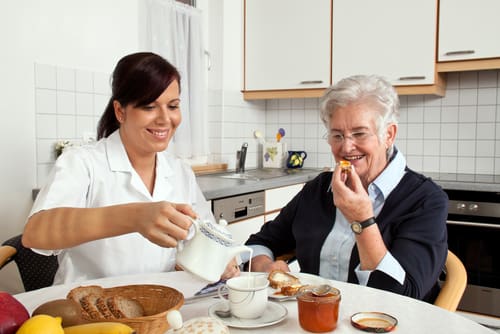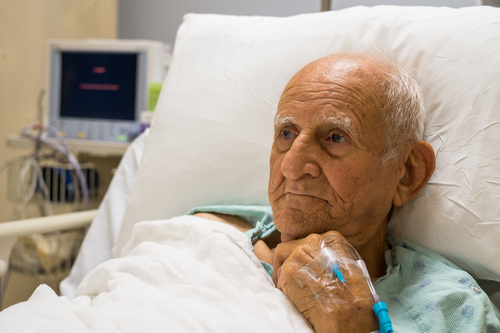An increasing number of elderly people are becoming what is known as “bedblockers”, even though they are fit and eager to return home, because council care firms are reluctant to take on their care.
An increasing number of elderly people are becoming what is known as “bedblockers”, even though they are fit and eager to return home, because council care firms are reluctant to take on their care.
One of the hospitals worst affected is Addenbrookes, in Cambridge, who have 87 patients ready to leave but stuck in hospital due to a “Delayed Transfer of Care”. One such patient, 91-year-old Elizabeth Lee, has been waiting to leave for 72 days. “The problem is that they can’t get care in place to let me go home”, Elizabeth said, “I feel like I’m stuck here; stuck and isolated. I’m missing being at home. And I’m missing my husband, Fred. We’ve been married for 67 years. Fred visits me every day, apart from Sunday, when the park and ride isn’t on. But otherwise I just sit in this chair or stay in bed. It’s boring”.
Care firms working with Cambridgeshire County Council are refusing to take on Elizabeth’s care due to the location of her home, which makes it non-viable to carry out four visits a day. Disputes between the hospital and the council over who is responsible for care mean that cases can go unresolved for months, a situation that Age UK has described as “madness”.
In the meantime, bedblocking has reached its highest-ever level, leaving hospitals struggling to cope. “Delayed discharges are a very significant problem and a major contributor to current performance difficulties in A&E services”, explains Chris Hopson, Chief Executive of NHS Providers, “if a hospital discharge back door is blocked, wards fill up very quickly and the A&E front door becomes jammed.”
One solution not currently being explored is live-in care, which would provide a way for those who can’t live independently to return home from hospital, freeing up much-needed hospital beds, while regaining their quality of life. Fiona Lowry, CEO of the Good Care Group, said: “For people like Elizabeth, who just want to be cared for at home, live-in care offers a way to return to her husband and familiar surroundings, while getting the help she needs”.



